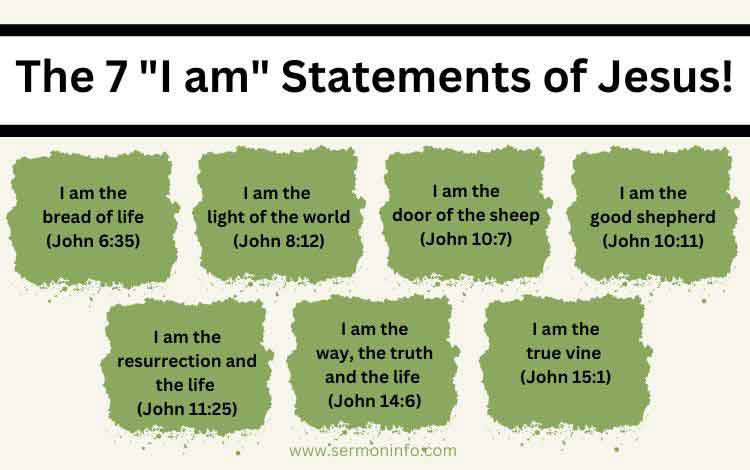I. Theme – Living for God includes living for the welfare of others

"The Bread of Life" – Hermel Alejandre
The lectionary readings are here or individually:
Old Testament – Exodus 16:2-4, 9-15
Psalm – Psalm 78:23-29
Epistle –Ephesians 4:1-16
Gospel – John 6:24-35
Today’s readings portray God as our ultimate provider and sustainer of both our physical and spiritual lives. In Exodus God feeds the people of Israel with quail and manna. Paul reminds his community that they must put away their old way of life and be renewed in Christ. In anticipation of his eucharistic gift of himself, Jesus declares that he is the bread of life.
We’ve interrupted our Liturgical Year B trek through Mark’s gospel for a five-week sojourn in the gospel of John, Chapter 6, the extended teaching about Jesus as the Bread of Life.
After the Feeding of the 5,000, Jesus and His disciples cross back to the other side of Galilee. When the crowd sees that Jesus has left, they follow Him again. Jesus takes this moment to teach them a lesson. He accuses the crowd of only following Him for the “free meal.”
Jesus tells them in John 6:27, “Do not labor for the food that perishes, but for the food that endures to eternal life, which the Son of Man will give to you. For on him God the Father has set his seal.” The real import of Jesus’ activity isn’t simply to feed those who are hungry but to reveal something vital about Jesus and, in turn, about God. In this case, Jesus is the One who can satisfy every human need. They were so enthralled with the food, they were missing out on the fact that their Messiah had come.
They want proof. So the Jews ask Jesus for a sign that He was sent from God (as if the miraculous feeding and the walking across the water weren’t enough). They tell Jesus that God gave them manna during the desert wandering. Jesus responds by telling them that they need to ask for the true bread from heaven that gives life. When they ask Jesus for this bread, Jesus startles them by saying, “I am the bread of life; whoever comes to me shall not hunger, and whoever believes in me shall never thirst.”
This is an invitation for those listening to place their faith in Jesus as the Messiah and Son of God as the one who is essential. The concept of bread is expanded from a physical substance of life into that into the spiritual realm. He is spiritual bread that brings eternal life.
A unifying theme in today’s passages is the reminder that living for God includes living for the welfare of others, and not putting our own desires first, for our own desires lead to giving into temptations and lead us away from God. And our response to those in need must be to meet the needs first, not to judge or complain. We are called to help and heal, not blame and condemn. We are called to live out the life of Christ in our own lives, to seek to be last and servant of all rather than first and right. We are called to put aside our own desire to be right to do what is right.
The scripture last week also included the story of Jesus walking on the water, Jesus is the one who transcends limits. In the process we need to allow Jesus to transform us which we more than often than not are unable to accept.




 "So the sacraments hold this unusual place in the Church, in that they are both central to our life of faith and yet also can be so very confusing. In an attempt to clarify the connect between the sacraments and our daily lives, I’ll start with a phrase from St. Augustine: “visible words.” I find this phrase attractive because it helps me appreciate Baptism and Communion as the visible, physical counterpoint to the preaching and teaching of the church. That is, the sacraments are the embodiment of the proclaimed and heard gospel in physical form, the gospel given shape in water, bread, and wine. They serve us, then, as physical reminders of what we have heard and believe simply because we are physical creatures and remembering and believing can be so hard. And so we have the gospel preached to us so that we may hear it, and we have the same gospel given to us so that we may taste and touch and feel it with our hands and mouths and bodies.
"So the sacraments hold this unusual place in the Church, in that they are both central to our life of faith and yet also can be so very confusing. In an attempt to clarify the connect between the sacraments and our daily lives, I’ll start with a phrase from St. Augustine: “visible words.” I find this phrase attractive because it helps me appreciate Baptism and Communion as the visible, physical counterpoint to the preaching and teaching of the church. That is, the sacraments are the embodiment of the proclaimed and heard gospel in physical form, the gospel given shape in water, bread, and wine. They serve us, then, as physical reminders of what we have heard and believe simply because we are physical creatures and remembering and believing can be so hard. And so we have the gospel preached to us so that we may hear it, and we have the same gospel given to us so that we may taste and touch and feel it with our hands and mouths and bodies.